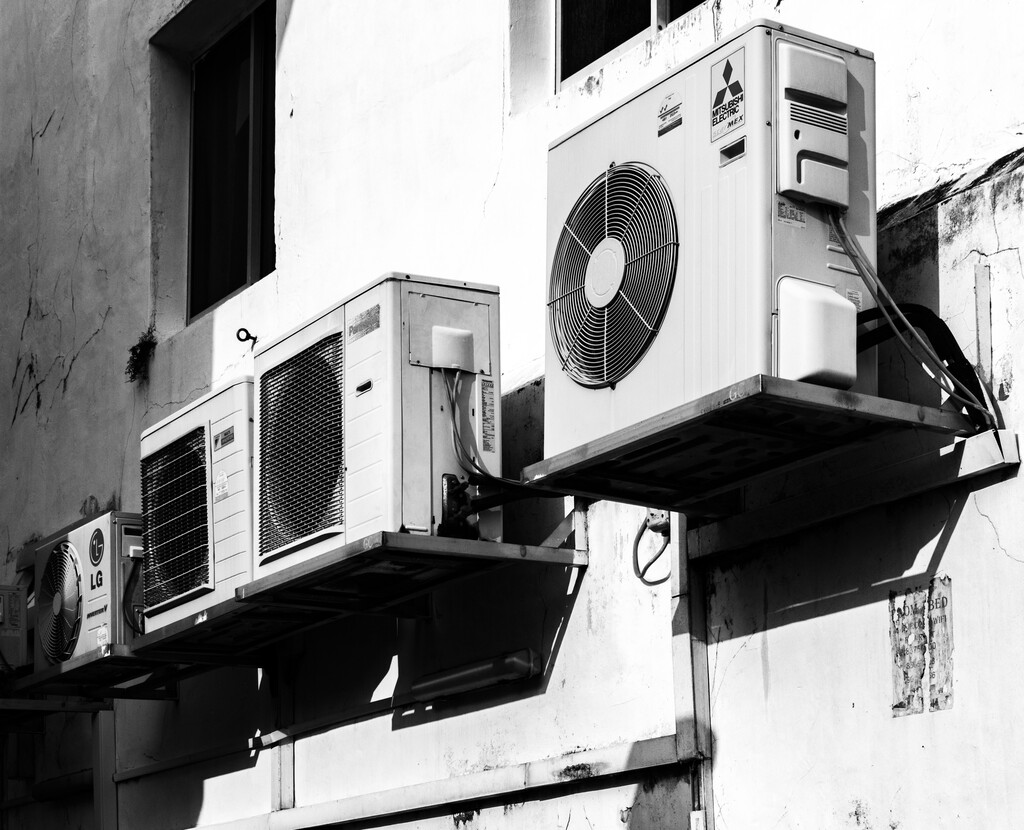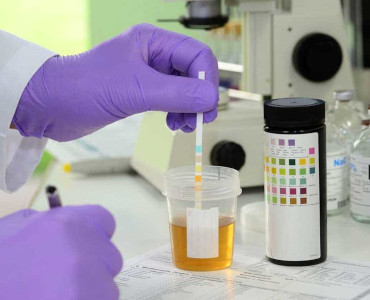Significance of Thermic Oil Testing at Airflo Sciences
In the pursuit of excellence in thermal management and industrial safety, Airflo Sciences places significant emphasis on Thermic Oil Testing. We recognize the pivotal role this testing process plays in ensuring the reliability and efficiency of thermic oil systems.
Equipment Protection
Thermic oil testing helps protect the integrity of the entire thermal fluid system. By identifying potential issues early on, such as corrosion or deposit formation, the testing helps prevent damage to pumps, valves, heat exchangers, and other system components.
Optimal Heat Transfer Performance
Testing thermic oil helps ensure that it maintains the desired thermal conductivity and heat transfer efficiency. This is crucial for industrial processes that rely on precise temperature control, such as those in manufacturing, chemical processing, and power generation.
Prevention of Thermal Degradation
Regular testing allows for the early detection of signs of thermal degradation in the thermic oil. Monitoring properties such as viscosity and thermal stability helps prevent issues like sludge formation, oxidation, and degradation, ensuring prolonged oil life.
Operational Cost Efficiency
Regular testing contributes to operational cost efficiency by identifying and addressing issues before they lead to system failures. Well-maintained thermic oils result in fewer breakdowns, reduced downtime, and lower maintenance costs.
Regulatory Compliance
Adhering to regulatory standards is essential in various industries. Regular thermic oil testing ensures compliance with industry-specific regulations, preventing potential legal issues and regulatory fines.
Key Aspects of Thermic Oil Testing
Kinematic Viscosity
Measurement of the fluid’s viscosity, which is crucial for understanding its flow characteristics and efficiency in heat transfer. Kinematic viscosity is typically measured at different temperatures to assess the fluid’s performance under varying conditions.
Flash Point
Determination of the temperature at which the thermal oil emits vapor that can be ignited with an external ignition source. The flash point is important for assessing the safety and stability of the thermal fluid.
Particle Count and Contamination Analysis
Examination of the thermal oil for particles and contaminants. High particle counts or the presence of contaminants can adversely affect the performance of the thermal fluid and the equipment it serves.
Thermal Stability
Evaluation of the oil’s thermal stability, which is crucial for applications involving high temperatures. Testing helps identify the oil’s resistance to thermal degradation, preventing the formation of deposits and ensuring prolonged service life.
Why Choose Airflo Sciences for Thermic Oil Testing
We leverage cutting-edge technology and state-of-the-art equipment for precise and accurate thermic oil testing. Our advanced analytical methods ensure thorough evaluations, providing clients with detailed insights into the condition of their thermal fluid systems.
Additional Knowledge
Regulation and Policy
Frequently Asked Questions (FAQs)
Why is thermic oil testing important?
Thermic oil testing is crucial to assess the quality and performance of heat transfer fluids. It ensures the reliability of thermal systems, identifies potential issues like degradation or contamination, and helps in maintaining optimal heat transfer efficiency.
Why is Chemical Composition Testing important for thermic oils?
Chemical composition testing provides crucial insights into the makeup of thermic oils, ensuring that they meet required specifications, perform optimally, and remain compatible with system components.
How does Compatibility Assessments impact system longevity?
Assessing compatibility helps prevent corrosive effects on system materials, ensuring the longevity of both the thermic oil and the overall thermal system.
Can thermic oil testing prevent equipment failures?
Yes, thermic oil testing can prevent equipment failures by identifying potential problems early on. It helps in maintaining the thermal fluid’s properties within acceptable limits, reducing the risk of system downtime, and extending the lifespan of the equipment.
Is thermic oil testing necessary for all industries using heat transfer systems?
Yes, thermic oil testing is essential for all industries utilizing heat transfer systems. It is applicable to diverse sectors such as manufacturing, pharmaceuticals, plastics, and food processing, ensuring the safe and efficient operation of equipment that relies on thermal fluids.





